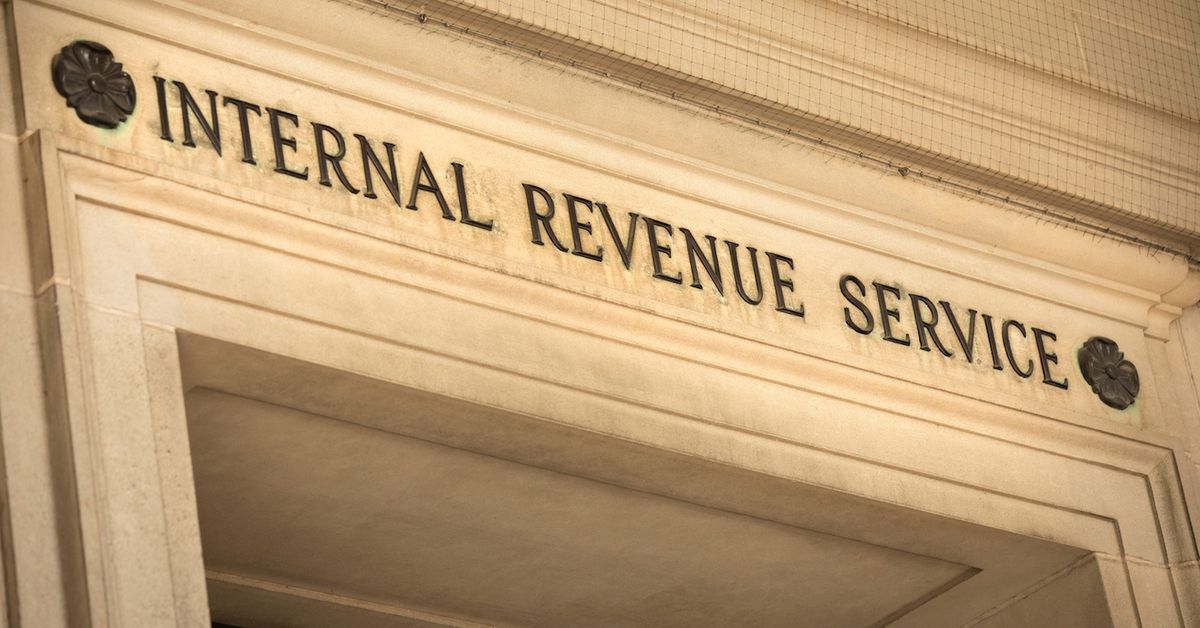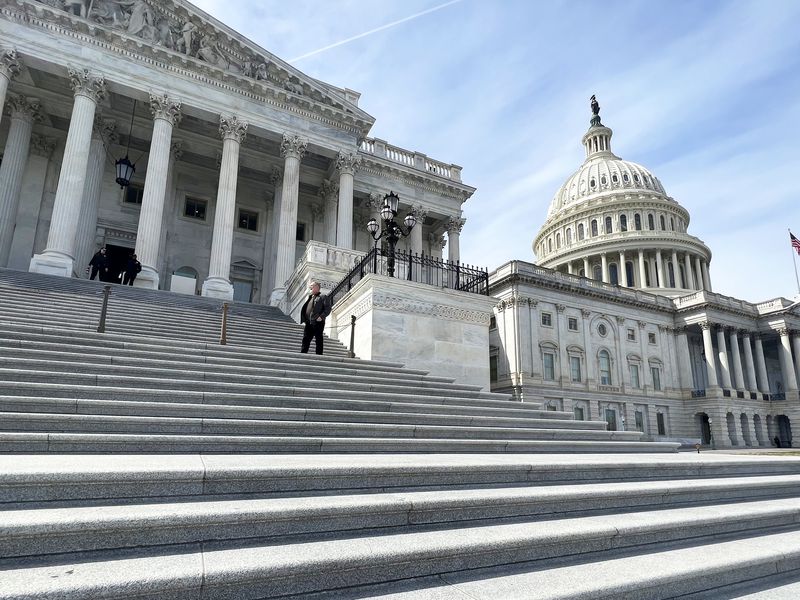Bitcoin Has American Mindshare but Few Users
J.P. Koning, a CoinDesk columnist, worked as an equity researcher at a Canadian brokerage firm and is a financial writer at a large Canadian bank. He runs the popular Moneyness blog.
Bitcoin usage in the U.S: Everyone knows about it, but still few takers
The Federal Reserve’s annual “Survey of Consumer Choice” is out. It looks like 2019 was an unspectacular year for cryptocurrency adoption.
Consumer surveys are one of the best ways to get information about what people actually use to make payments. The best surveys are run by private companies such as Visa, PayPal and Wells Fargo, which means the data is proprietary – we don’t get to see the results. Lucky for us, the Federal Reserve, the U.S.’s central bank, carries out an excellent annual survey called the “Survey of Consumer Payment Choice” (SCPC). It makes all of the data public.
The bulk of the information the SCPC collects concerns conventional payment instruments like cash and cards. For instance, cash usage continued to fall in 2019, accounting for 21.5% of all U.S. consumer payments in a typical month, down from 23.5% in 2018 (and 30% in 2009!). Meanwhile debit, credit and prepaid cards combined for 61.4% of all payments in 2019, up from 60% in 2018. Thanks to the coronavirus pandemic, this is likely to be higher in 2020.
If you’re interested in payments, I’d suggest giving the summary results of the 2019 SCPC a closer read. For the rest of this article I’m going to focus on one small corner of the SCPC, cryptocurrencies.
The SCPC has been quietly gathering information about cryptocurrency usage since 2014. Each year it adds or subtracts new questions in an effort to better understand how Americans are using bitcoin, Ethereum, XRP, and more.
Bitcoin has succeeded in grabbing an impressively large chunk of American mindshare. However, common knowledge of bitcoin tends to be of poor quality.
One of the longest-running cryptocurrency questions in the SCPC is “have you heard of bitcoin?” In 2019, an impressive 70.7% of survey participants responded that they were familiar with bitcoin, up from 68.7% in 2018. When the survey first began to collect bitcoin information in 2014, just 45.1% had heard of it. The biggest jump occurred between the 2017 and 2018 SCPC, no doubt due to the epic December 2017 bitcoin price spike.

No other cryptocurrency has the name recognition of bitcoin. In 2019 just 8.3% of survey participants had heard of ethereum, 7.5% of litecoin and 2.6% of XRP.
Only bitcoin cash (BCH) comes close to bitcoin’s brand recognition. An outsized 40.3% of survey participants report having heard of BCH. Given that actual on-chain usage of BCH is quite low, it’s probably safe to assume many survey participants are mistakenly assuming bitcoin and BCH were the same thing.

If bitcoin is recognized by most Americans, how well is it understood? The SCPC teases this out by asking those who have heard about bitcoin to rank their familiarity with it on a scale of 1 to 5, with 1 being “not at all” and 5 being “extremely.”
In 2019, 87.4% of respondents choose “not at all” or “slightly.” Only 4.5% or respondents said they were “moderately” or “extremely” familiar with bitcoin. This degree of familiarity has stayed constant since 2014, suggesting the quality of public understanding of bitcoin is low and is not improving.

So what about adoption? Bitcoin is a bit like base jumping. Most people know of base jumping, but most people don’t have the guts to do it. Likewise, even though a huge proportion of Americans now know about bitcoin, most don’t own any. Of the 3,363 survey participants queried about bitcoin in the 2019 SCPC, just 35 respondents – or 1.0% – reported owning bitcoin. This is down from 1.2% in 2018.
Even though 2019 wasn’t a great year for adoption, bitcoin ownership rates have generally been increasing over the last few years. When the survey began to record cryptocurrency data in 2014, just 0.4% of survey participants owned bitcoin. It has since more than doubled.

Bitcoin ownership dominates other cryptocurrencies. Whereas a total of 35 respondents reported holding bitcoin in 2019, just 20 people owned ethereum, 16 people held litecoin, 10 owned bitcoin cash, and 10 held XRP.
So what do American bitcoiners use their bitcoins for? Not payments. In 2019, just two out of 3,363 Americans surveyed in the SCPC (effectively 0%) had used bitcoin to make payments in the previous 12 months. This is down from eight people using it for payments in 2018, but about the same amount registered in previous surveys between 2014 to 2017. So, even though bitcoin’s name recognition is rising and more people are holding it than in 2014, its usage as money continues to stagnate.
This is especially salient when compared to competing payments systems. In 2019, 8.5% of survey participants (a total of 283 people) had used Zelle to make a purchase or pay another person in the last 12 months. Zelle is a bank-owned instant person-to-person payments network that was introduced in 2016. Venmo, another popular person-to-person payments network, was used by 11.3% of participants. Both Venmo and Bitcoin first appeared in 2009.

So if not for payments, why do people hold the stuff? The SCPC attempts to ferret out the answer by querying people about their motivations for holding cryptocurrencies. The most popular reason is “investment,” with 56% of respondents listing this as their primary reason in 2019. The second most popular is “interested in new technology” at 23%, suggesting a hobbyist mentality. These proportions were about the same as 2018.
Almost no survey participant holds cryptocurrencies in order to “buy goods and services in the U.S.” or to make “anonymous payments”. Nor do they choose “do not trust banks” or “do not trust the government” as reasons for holding bitcoins or ether.

Finally, the typical American does not hold a large amount of bitcoin. In 2019, the median holding was $200 worth of bitcoin, up from $70 in 2018. This lift is probably due to the timing of the SCPC, which is run in September. In September 2018 the bitcoin price was around $8000 whereas in September 2019 it reached as high as $14,000.
All of this data allows us to paint a picture.
Bitcoin has succeeded in grabbing an impressively large chunk of American mindshare. However, common knowledge of bitcoin tends to be of poor quality. Nor does it translate into broad adoption. Although the proportion of bitcoin owners is higher than 2014, it still only registers at around 1% of the entire population. Bitcoin holdings tend to be quite small. Nor are these adopters using bitcoin for it’s original purpose: electronic cash. Rather, they are investing and gambling with it, or tinkering with it.
Disclosure
The leader in blockchain news, CoinDesk is a media outlet that strives for the highest journalistic standards and abides by a strict set of editorial policies. CoinDesk is an independent operating subsidiary of Digital Currency Group, which invests in cryptocurrencies and blockchain startups.









